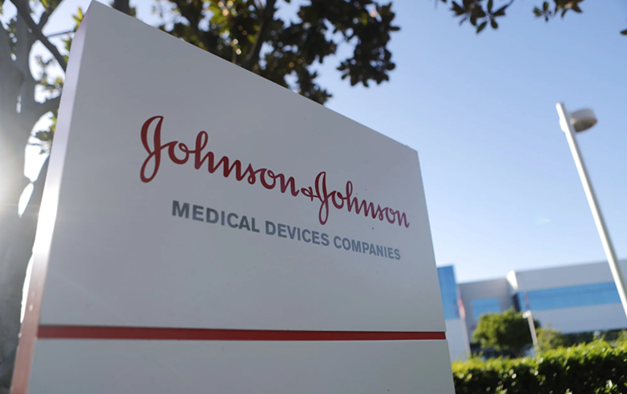In a move set to expand its range of medical devices dedicated to heart disease treatment, Johnson & Johnson has announced its agreement to acquire Shockwave Medical for a hefty $12.5 billion. This acquisition marks a strategic step for J&J to enhance its cardiac health business, following previous acquisitions such as the $16.6 billion purchase of heart pump maker Abiomed in 2022 and the $400 million acquisition of Laminar, another heart-focused device maker.
Shockwave Medical’s key offering is a groundbreaking device that employs shockwaves to break down calcified plaque in heart vessels, a technique similar to the approach used in treating kidney stones. This technology, known as intravascular lithotripsy (IVL), is often used alongside stents to address conditions where arteries become obstructed by calcium deposits, offering patients a minimally invasive treatment option.
The deal, valued at an enterprise value of about $13.1 billion, is expected to be finalized by mid-2024. Shockwave Medical reported product sales of $730.2 million last year, reflecting the growing demand for innovative cardiac health solutions.
Johnson & Johnson’s move reflects its commitment to fortifying its position in the cardiovascular space, particularly as its blockbuster drug for Crohn’s disease, Stelara, faces potential competition next year. The company had previously signaled its intent to pursue strategic acquisitions that would complement its existing cardiovascular product portfolio, with a focus on smaller, value-adding transactions.
To fund the acquisition, J&J plans to use a combination of cash reserves and debt. The offer of $335 per share in cash represents a 17% premium to Shockwave’s closing price in late March, signaling J&J’s confidence in the value and potential of the acquisition. Shockwave shares saw a 1.6% increase to $325.18 in premarket trading following the announcement.
With this latest acquisition, Johnson & Johnson is poised to further advance its mission of providing innovative healthcare solutions that enhance patient outcomes and quality of life, particularly in the critical area of cardiovascular health.
(Source: Mass Device | Associated Press | WSJ)







